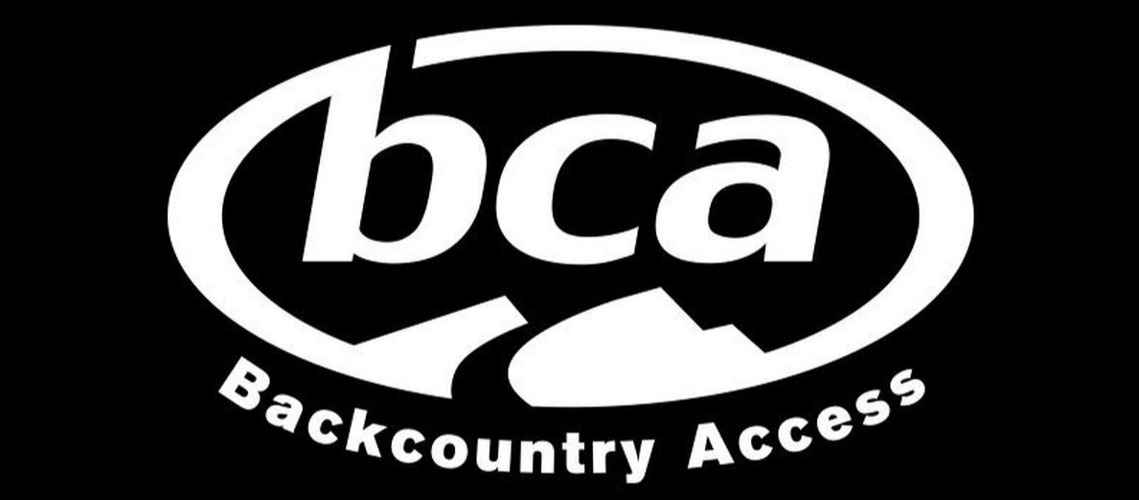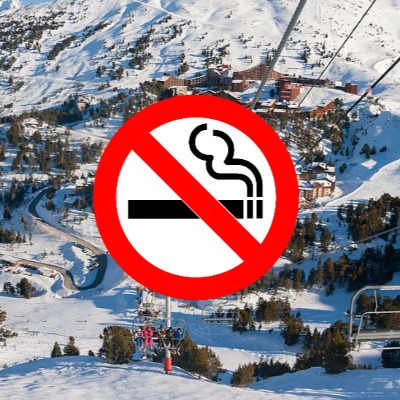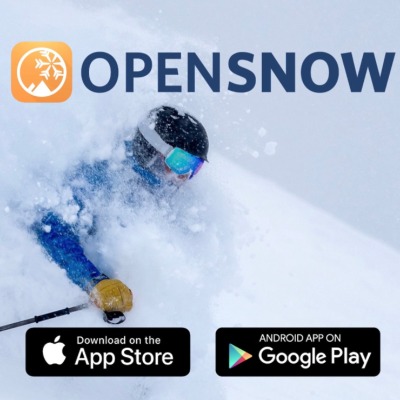Backcountry Access Releases “Demystifying Avalanche Concepts” Blog Series For Continued Education

Backcountry Access (BCA) is proud to announce a new blog series dubbed “Demystifying avalanche concepts: a boiled-down blog series on snow science research.” The series is aimed at providing education about the latest research in avalanche science and rescue techniques. BCA, a leader in the avalanche safety industry, believes that education is critical to keeping backcountry recreators alive and that this happens not just through owning and using the proper avalanche gear, but also through continued learning about how to behave in the backcountry.
“We want to make sure people aren’t under the impression that gear alone is going to keep them safe in the backcountry,” said BCA co-founder Bruce Edgerly. “Gear is only part of the equation. The objective should be to never get caught in an avalanche and only use our gear for practice.
The new five-part web series includes the topics of effective in-the-field dialog, avalanche exit strategies, why and when to use an extended column test, the difference between experience and expertise in the backcountry, and how perceived risk affects decision-making.
The series features a roster of leading snow science personalities that include:
- Karl Birkeland, avalanche scientist with the USDA Forest Service National Avalanche Center
- Ron Simenhois, avalanche forecaster at the Colorado Avalanche Information Center
- Lynne Wolfe, editor of The Avalanche Review, 32-year mountain guide in the Tetons, and avalanche educator
- Pascal Haegeli, avalanche researcher at Simon Fraser University, B.C.
- Steve Conger, avalanche consultant and Technical Director at the American Institute of Avalanche Research and Education (AIARE)
Together these leaders in the snow science world have had a significant impact on the understanding of how avalanches work and how to avoid them. They have published works for research publications and organizations including the International Snow Science Workshop (ISSW) and The Avalanche Review. Now, Backcountry Access aims to make science and research more accessible for as many backcountry skiers and riders as possible.
“We’ve had the pleasure of attending the ISSW since 1994. The goal of this series was to pick out the most interesting themes over that period and share it with those that have never been able to go,” said Edgerly. “Since ISSW is mainly for pros and academics, we’ve tried to boil these presentations down so they’re a little less ‘egg-headed’ and a little more practical to the normal backcountry user.”
In other efforts to educate backcountry skiers and riders, BCA also offers many online video tutorials and educational series, including the recently released BCA LIVE as well as on-the-ground learning opportunities in BCA-sponsored beacon parks across North America. To learn more, visit https://backcountryaccess.com.














